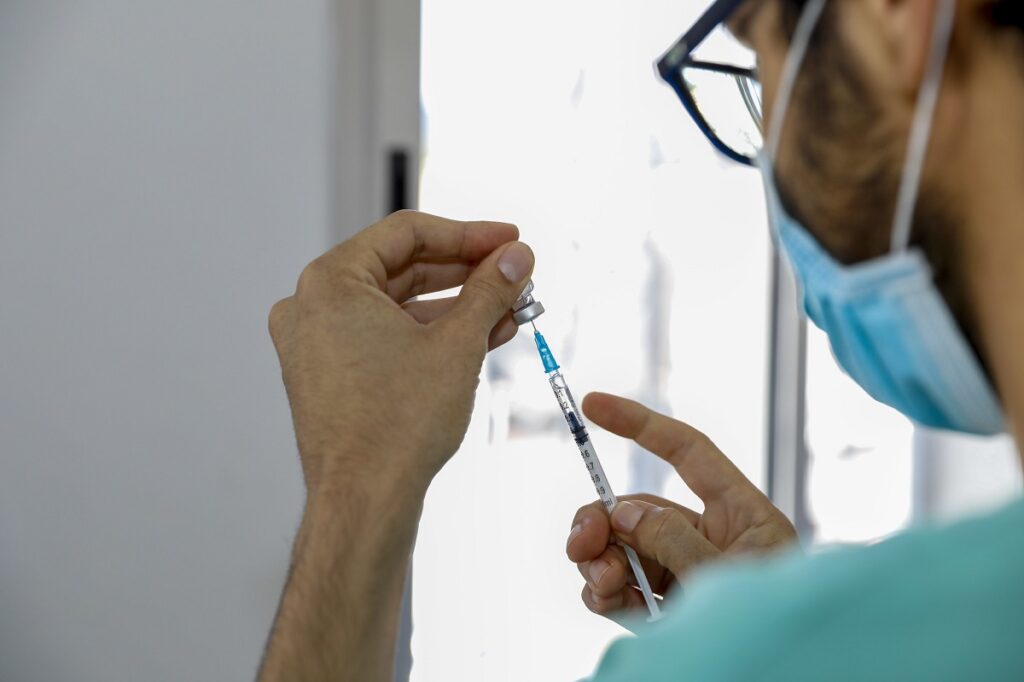Two or more doses of Pfizer’s COVID-19 vaccine dramatically reduce most long-term symptoms of the disease, say researchers.
They found patients were far less likely to suffer fatigue, headache, weakness of limbs, persistent muscle pain and shortness of breath.
“We don’t fully understand what happens in the months and years following COVID-19 in terms of physical and mental health and wellbeing,” said the study’s lead author, Prof. Michael Edelstein, of Bar-Ilan University’s Azrieli Faculty of Medicine.
“Because long COVID seems to affect so many people it was important to us to check whether vaccines could help alleviate the symptoms.
“It is becoming increasingly clear that vaccines protect not just against disease but, as the results of this study suggest, against long-term, sometimes life-changing, effects of COVID-19.”
The study, published in the Nature journal npj Vaccines, was carried out with infectious disease and IT teams at three hospitals in northern Israel – Baruch Padeh Medical Center, Ziv Medical Center and Galilee Medical Center.
It found the incidence of eight of the 10 most-commonly reported COVID-19 symptoms were reduced by at least 50 per cent among people who received at least two doses of the vaccine compared with those who received no doses. The biggest reported difference was shortness of breath, with 80 per cent of the vaccinated patients suffering less than those who hadn’t been vaccinated.
Nearly 3,500 adults across Israel were asked about COVID-19 infections, vaccination status, and any symptoms they were experiencing. More than half (2,447) said they’d never had COVID-19 and two thirds of those who had been infected had received at least two vaccines. One in five were unvaccinated.
The researchers compared acute symptoms reported by those who had the Pfizer vaccine and those who didn’t. They found a reduced risk of the most common post-COVID symptoms among the vaccinated group. Fatigue, headache, weakness of limbs, and persistent muscle pain were reduced by 62 per cent, 50 per cent, 62 per cent, and 66 per cent, respectively.
Related posts

Israeli AI Safety Tool Among TIME’S Best Inventions For 2024

TAU Team Discovers Mechanism To Eliminate Cancerous Tumors

Ashdod Port Investing In Startups As Part Of Innovation Strategy




Facebook comments